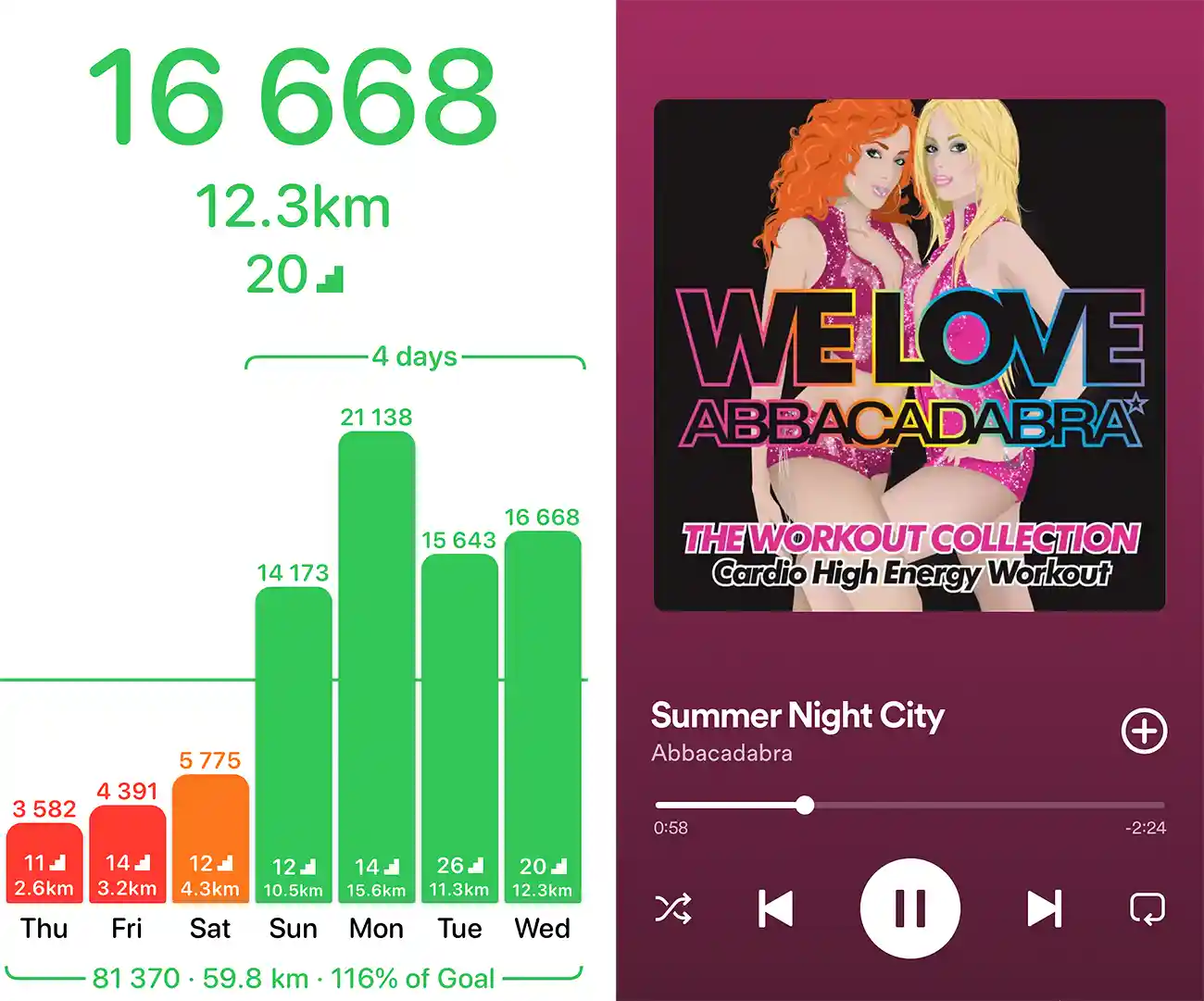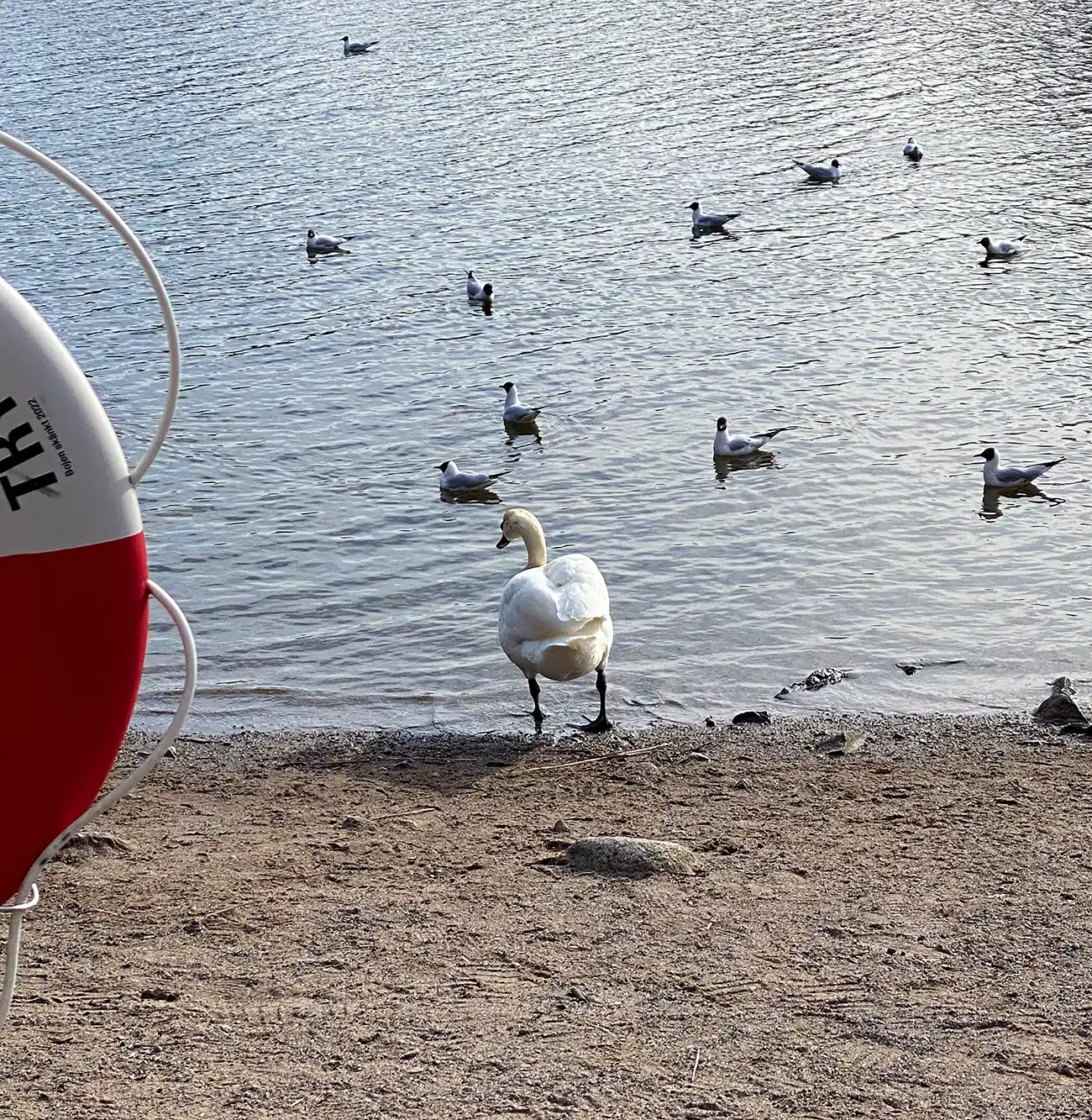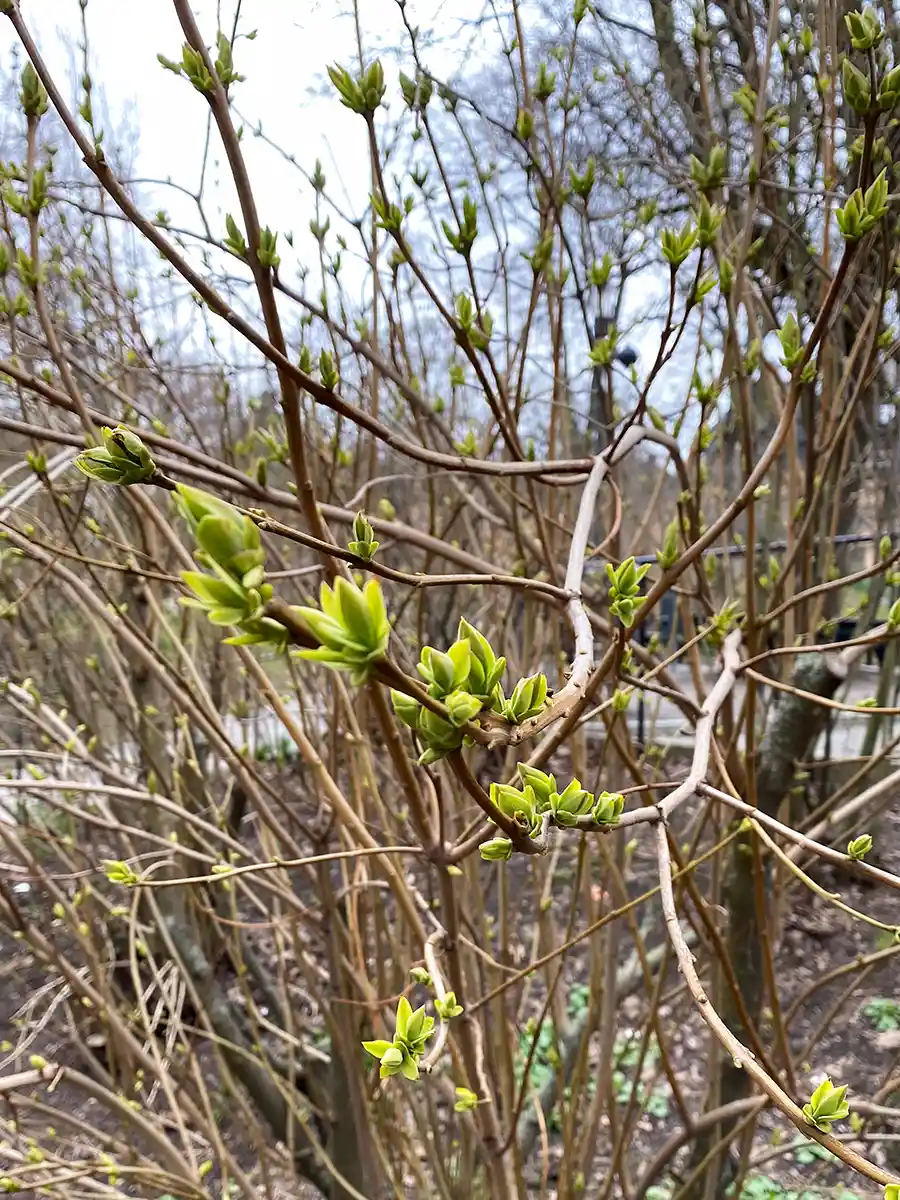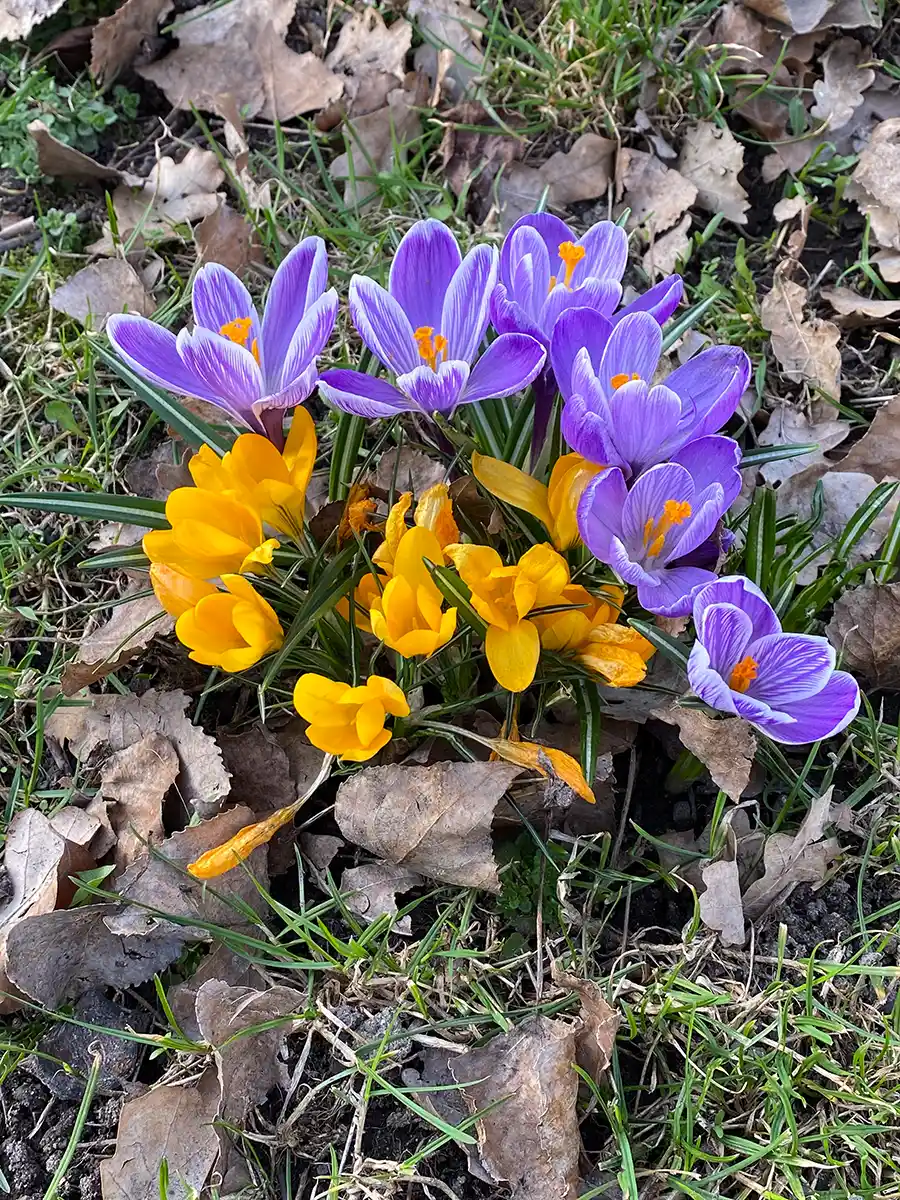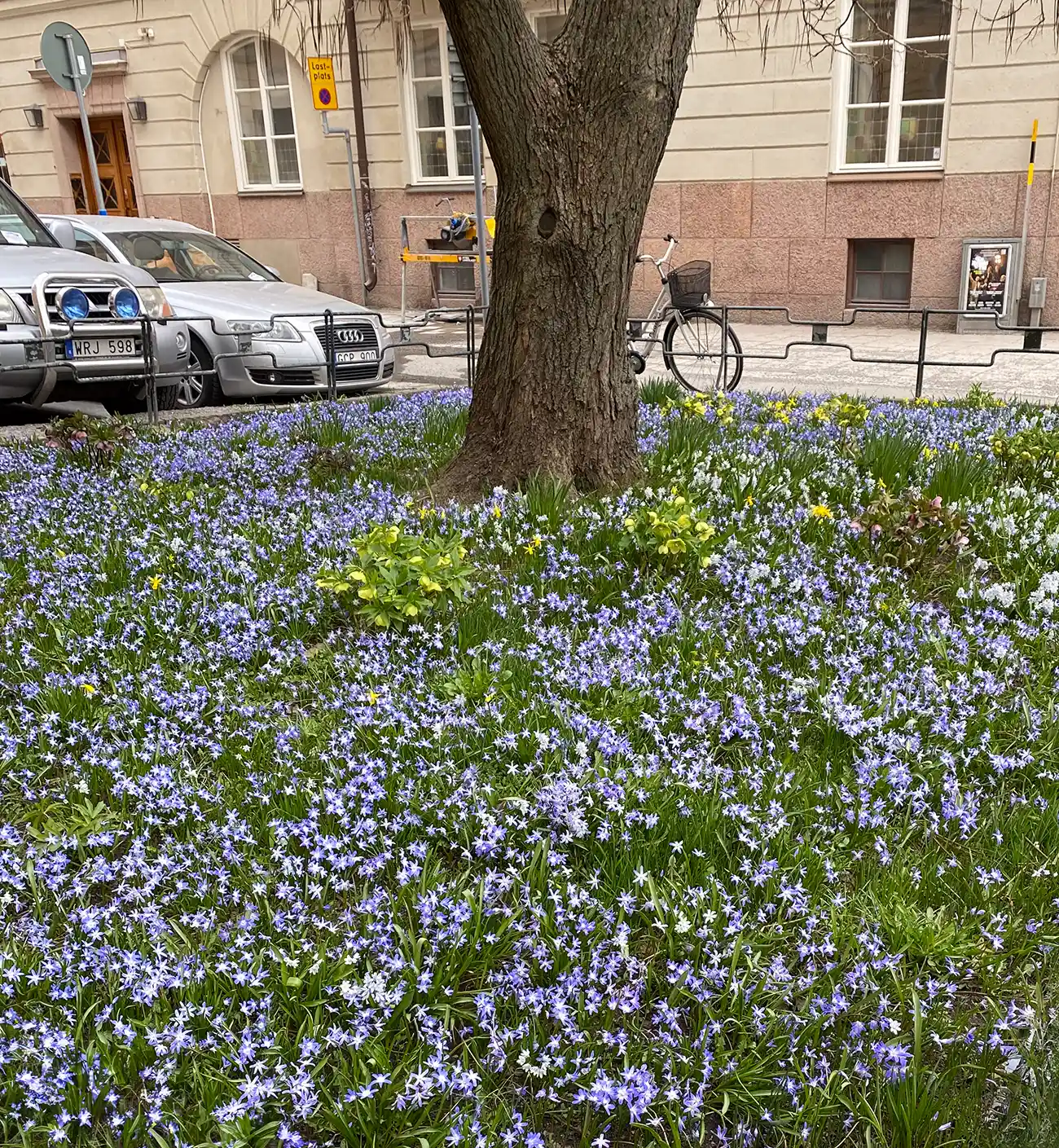Who would have thought, I now have to search for eggs that won’t poison me. Eggs! 🐓🥚
For those of you who still haven’t heard about the egg scandal, here’s a quick rundown: last month, Sweden’s largest consumer magazine tested our organic eggs and discovered that they contain more environmental toxins than regular eggs. The organic eggs had traces of dioxins, PCBs, and PFAS — also known as “forever chemicals.” The levels of these toxins were significant enough that children consuming even a few of the more contaminated eggs could reach levels considered by the European Food Safety Authority (EFSA) to be unhealthy.
How is this possible? Well, since organic chickens aren’t allowed to eat synthetic food, they are being fed natural food. Natural means plants, seeds, insects and worms, right? Haha, silly you. No, natural means fishmeal. The chickens get fish for dinner! And this fish contains toxins (don’t even get me started on why). So, naturally (pun intended), the eggs produced by these chickens adhere to the principle “garbage in, garbage out.”
Those of us who aren’t spring chickens (haha, sorry I just can’t stop) remember the mad cow’s disease in the 90s. Back then the issue was that cows were fed bonemeal — ground-up animal cadavers carrying an infection. And we all know how well that turned out. So, let’s see. Cows that don’t naturally eat other animals were fed other animals ——> shit hit fan. And now we have chickens that don’t naturally eat fish being fed fish… What could possibly go wrong?
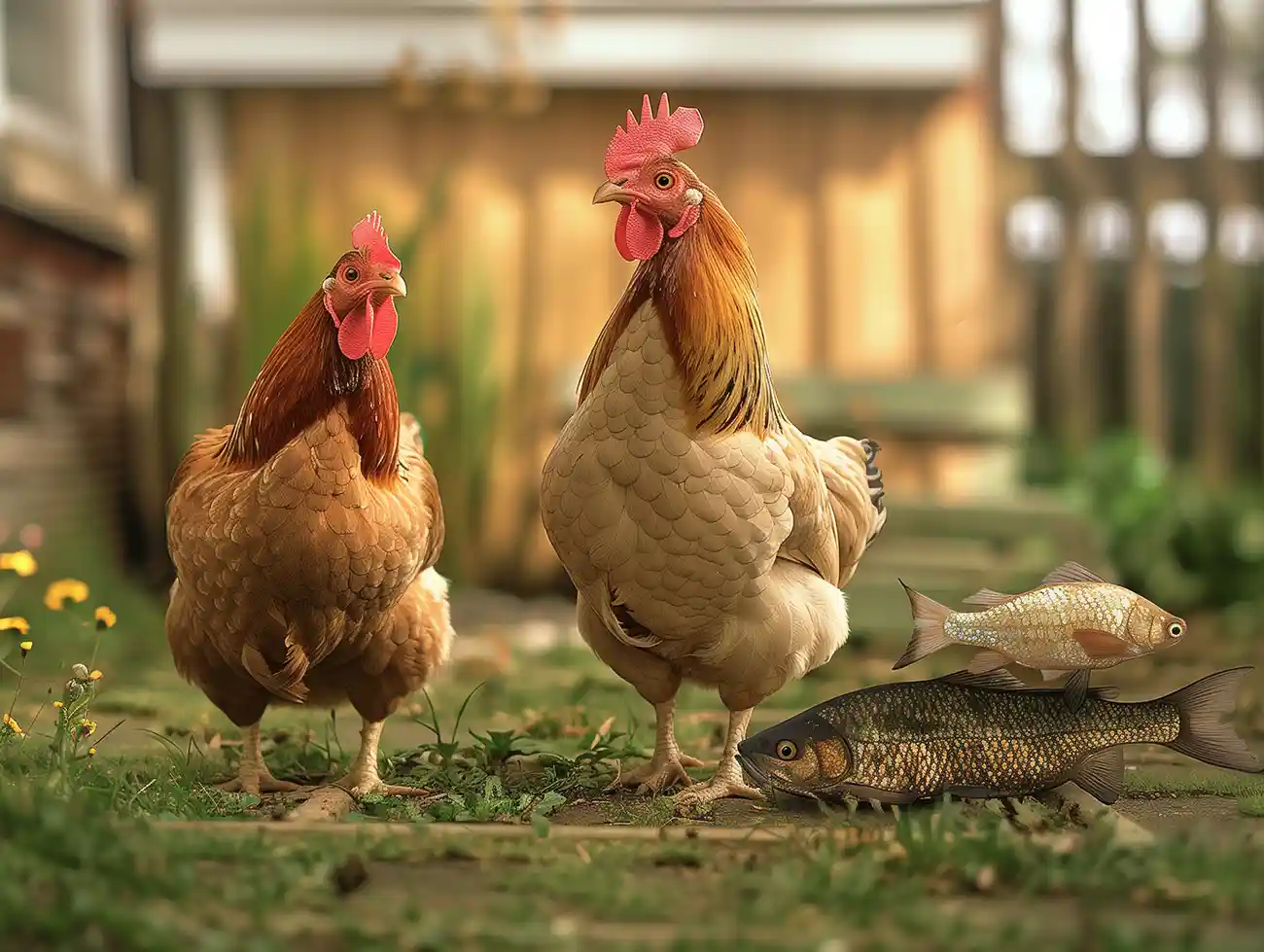
👉 Look for “pasture-raised” labels. “Pasture-raised” means that chickens are rotated through open pastures allowing them to scratch and peck for seasonal plants, seeds, insects and grubs.
👉 You can also look for a combination of “vegetarian-fed”, “organic” and “certified humane” labels. Hopefully the “vegetarian-fed” will get the fish out and “organic” or “certified humane” will ensure the ethical treatment of the birds.
Come on, everyone! Let’s vote with our wallets and keep both ourselves and the chickens healthy! 🙂

